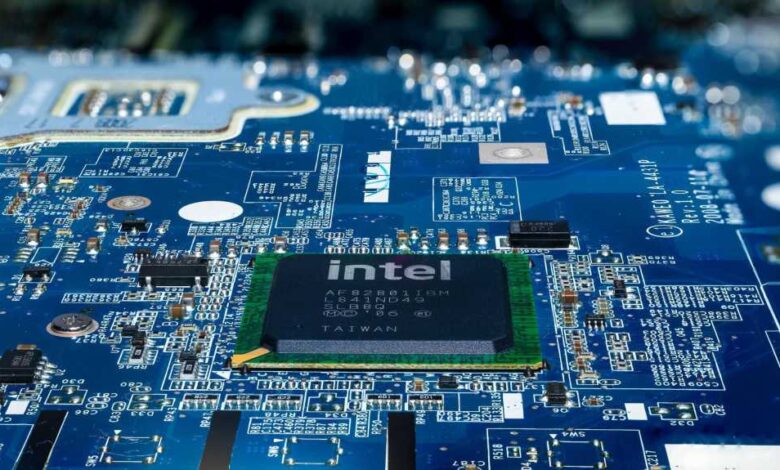Intel’s CHIPS Act grant reduced as production delays and losses mount

Investment delays and strategic setbacks
The funding reduction comes as Intel pushes back the timeline for completing its Ohio chip manufacturing project from 2025 to the end of the decade. The delay, coupled with persistent challenges in matching the technological advancements of rivals like Taiwan Semiconductor Manufacturing Company (TSMC), has dampened confidence in the company’s ability to deliver on its commitments.
“The delay in Intel’s investment is especially concerning given the current surge in demand for chips, driven by the rise of AI,” said Rachita Rao, senior analyst at Everest Group. “With AI transforming the industry, the existing IT infrastructure is becoming insufficient to handle its processing requirements.”
Intel’s difficulties come as the Biden administration seeks to reduce US reliance on Asian supply chains through the CHIPS Act, a $39 billion initiative aimed at boosting domestic chip production. In March, President Joe Biden highlighted Intel’s role in transforming the semiconductor industry during a high-profile visit to Arizona.




